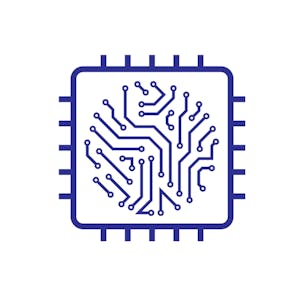In the AI for Scientific Research specialization, participants will delve into the application of artificial intelligence in scientific contexts to uncover trends and patterns within datasets. The course is structured into four modules, with each module building on the knowledge and skills acquired in the previous one.
Upon completion, learners will be equipped with the knowledge and skills to apply AI in scientific research, from basic data analysis to advanced machine learning and predictive modeling.
Certificate Available ✔
Get Started / More Info
The AI for Scientific Research specialization comprises four modules, covering topics such as data science, machine learning models in science, neural networks, random forests, and advanced AI techniques.
Module 1: Introduction to Data Science and scikit-learn in Python
Module 2: Machine Learning Models in Science
Module 3: Neural Networks and Random Forests
Module 4: Capstone Project: Advanced AI for Drug Discovery
Python Data Products for Predictive Analytics empowers learners to master Python for data-driven predictive tasks, statistical models, and machine learning deployments...
Learn data analysis in R using RStudio and Tidyverse without installing anything. Gain foundational knowledge, hands-on experience, and instant feedback for a truly...
Learn how to import various types of data into R, including CSV files, Excel files, web data, and relational databases in this hour-long guided project.
Learn the fundamentals of relational databases using MySQL in this guided project. Gain essential SQL querying skills and database manipulation techniques.